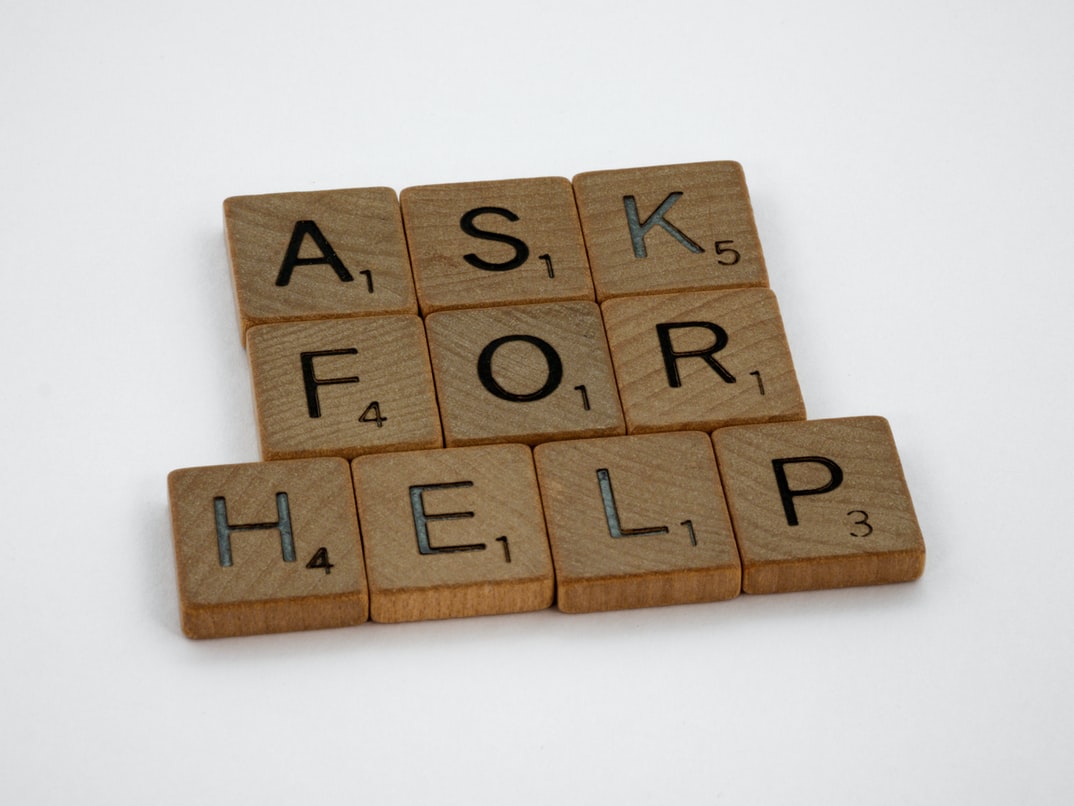
Every 68 seconds, an American is sexually assaulted, as reported by the nation’s largest anti-sexual violence organization, RAINN. Sexual assault has short- and long-term effects. For some victims, it can result in panic attacks, PTSD, eating disorders, substance abuse, and self-harm. Victims of sexual assault may feel at the end of their tether, paralyzed before what has occurred to them. It is important, however, to take steps quickly to ameliorate the effects that sexual assault can have on one’s life. The following are just a few steps that can be taken after sexual assault.
Seeking Professional Help
Treatments for sexual assault tends to center around dealing with anxiety, PTSD, and depression. Three of the most popular therapies are cognitive processing therapy, eye movement desensitization and reprocessing, and prolonged exposure therapy. The first of these, cognitive processing therapy, is a type of cognitive-behavioral therapy that helps patients challenge and modify unhelpful beliefs relating to their trauma. Eye movement desensitization and reprocessing, meanwhile, relies on techniques like lateral eye movement, hand tapping, and audio stimulation to reduce the distress associated with emotional disturbance. Prolonged exposure therapy is another type of cognitive-behavioral therapy that encourages patients to confront memories, feelings, and sensations they may have been avoiding since their trauma. There are more therapies that can be helpful, of course—including stress inoculation training, which exposes patients to milder forms of stress so their confidence grows and they can respond quickly and effectively to trauma.
Opting for Legal Advocacy
Seeking the help of a sexual assault advocate who is an expert in areas such as predatory behavior from medical professionals, trainers, employers and the like, is key if you wish to bring your case to court. Statute of Limitation laws have prevented many victims from coming forward so it is important to seek help when you can. You should opt for specialists in the field and those who have achieved a good track record in terms of settlements and achieving the full measure of justice for their clients.
Caring for Yourself After Sexual Assault
Self-care after trauma comprises a wide array of measures that can help promote healing. These include making a safety prevention plan to reduce the risk of future assault, caring for your physical health via a healthy diet and physical activity, and investing time in self-kindness. You should also take steps to deal proactively with stress by embracing natural healing methods such as meditation, time spent in nature, and controlled breathing exercises. There are many additional approaches that can help you feel more in tune with yourself. These include journaling, artistic creation, and spending time with supportive loved ones with whom you can share information about what happened and how you are feeling.
Sexual assault occurs frequently in the US and in many countries across the globe. To deal with its effects, victims should seek professional help, opting for a therapeutic approach they find useful. Seeking legal advice can also be helpful if they wish to prosecute or obtain a settlement. Finally, self-care is key. One should take care of one’s physical, mental, and emotional states and find support from loving friends and family members.








